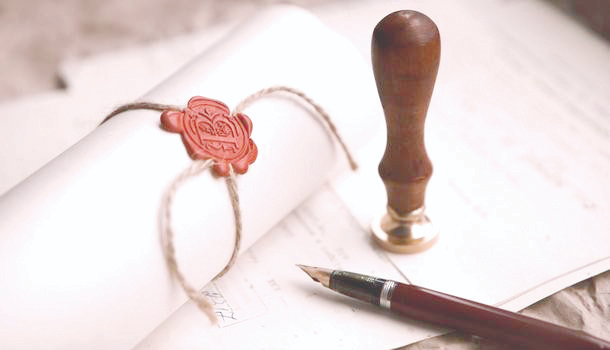August 15, 2024

Recently, there has been growing interest in how foreign wills are handled in Thailand. So, what exactly is a will, and why is it important? Each country has its own rules and templates for creating a valid will, and Thailand is no different.
In Thailand, there are five types of legally recognized wills. Adhering to the country's legal requirements ensures that your will is valid. You can draft a will in any language, but it must comply with Thai law.
1. Ordinary Will An ordinary will can be handwritten or typed. It must include the date it was created. The testator (the person making the will) must sign or thumbprint the document in the presence of at least two witnesses. These witnesses must sign only. Once a will is finalized, any changes or additions are invalid unless they are dated and signed or thumbprinted in front of at least two witnesses.
2. Holographic Will A holographic will must be entirely handwritten by the testator and can only be signed. No witnesses are required, but the will must include the date. Modifications are only valid if they are also handwritten and signed by the testator. Other types of changes are considered invalid but do not affect the validity of the original will.
3. Registered Will A registered will can be made by submitting it to the district office. The testator, along with at least two witnesses, informs the district chief of the will’s contents. The district chief records the information, reads it to the testator, and after confirmation, the testator and witnesses sign it. The district chief then dates, signs, and seals the will. This type of will can be registered at various locations, not just the district office. After registration, the testator can keep the will themselves or leave it with the district office. If stored with the office, the will can only be retrieved by presenting a death certificate after the testator’s death.
4. Secret Will A secret will can be created using either the ordinary or holographic method and must be sealed in an envelope, with the envelope flap signed. The testator gives this sealed envelope to the district officer in the presence of at least two witnesses, indicating that it contains a will. The officer records the details, dates, signs, and seals the envelope. Once completed, the testator can immediately take possession of the sealed will.
5. Oral Will In exceptional circumstances, such as imminent danger or severe illness, an oral will can be made. The testator declares their wishes in front of at least two witnesses. The witnesses must then report the will’s content and the reasons for the oral declaration to the district chief as soon as possible. The officer will record this information, and the witnesses must sign. Note that oral wills become invalid one month after the testator is able to make a formal will.
Although Thailand technically accepts valid foreign wills, the process can be complex. A foreign will might still require court procedures in Thailand, including appointing an executor. Therefore, if you have assets in Thailand, it’s advisable to create a will that complies with Thai legal requirements.